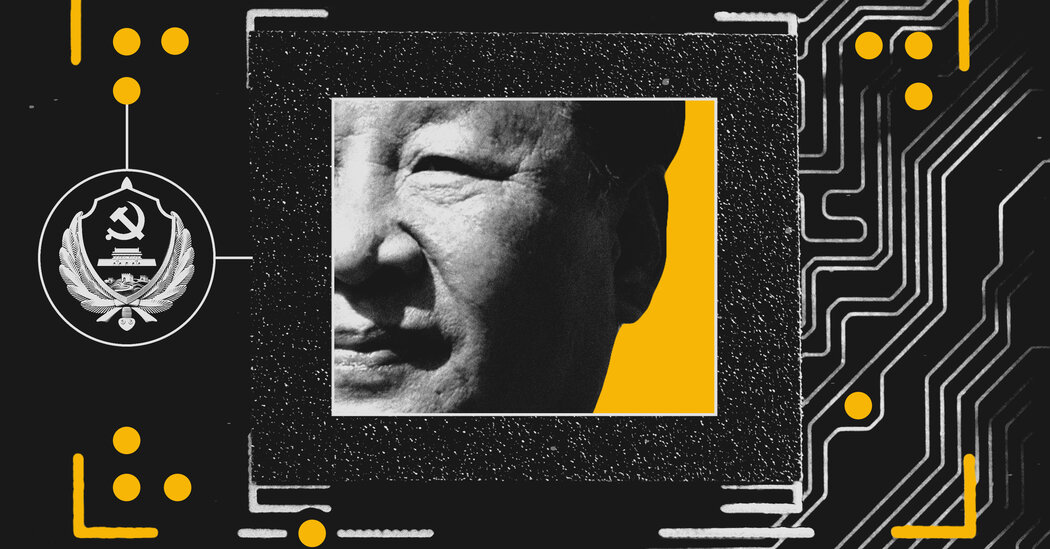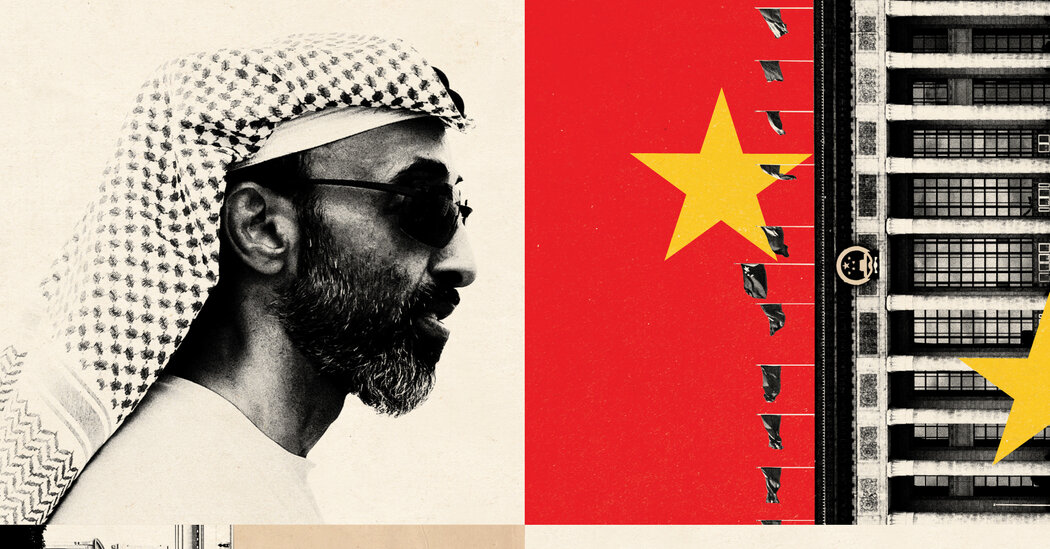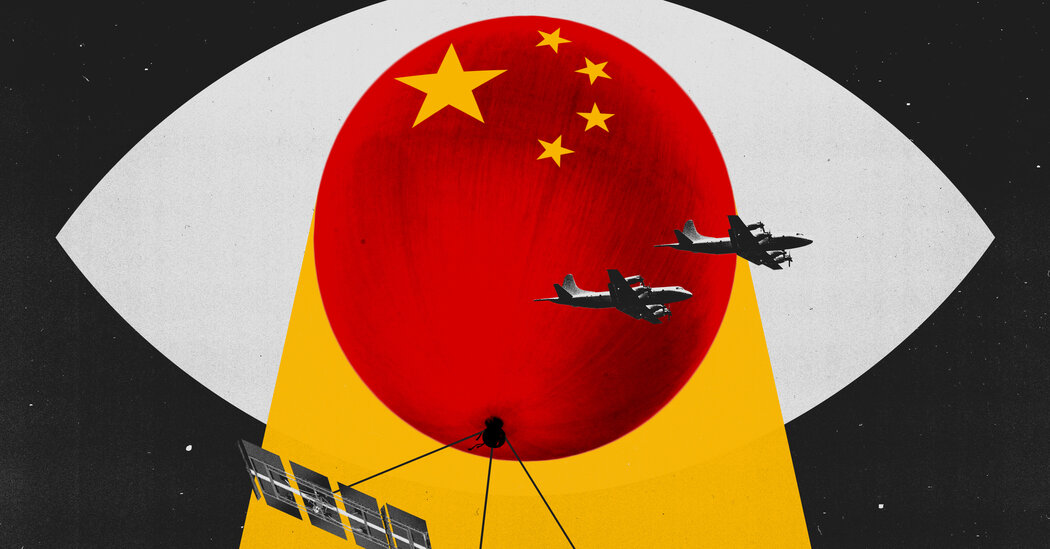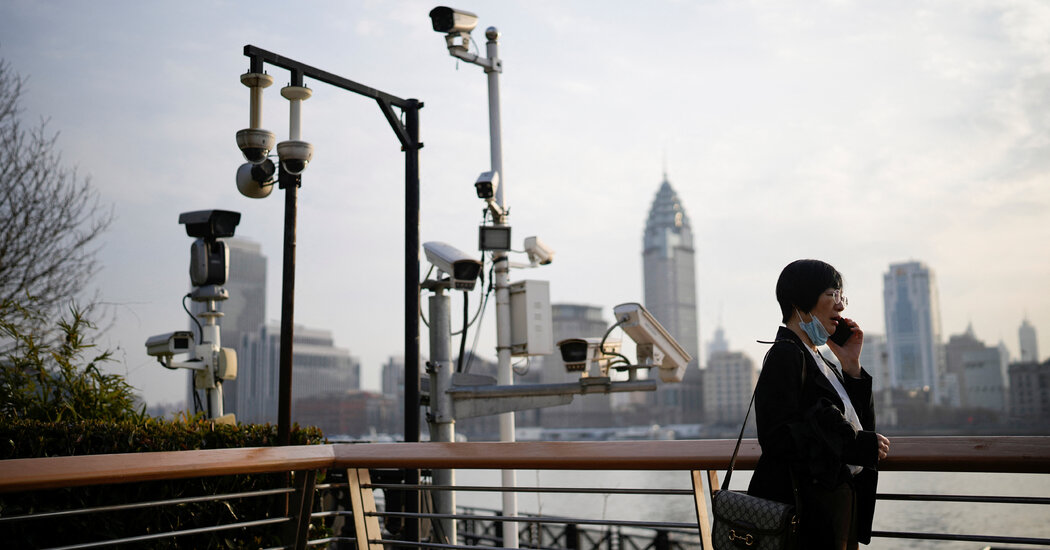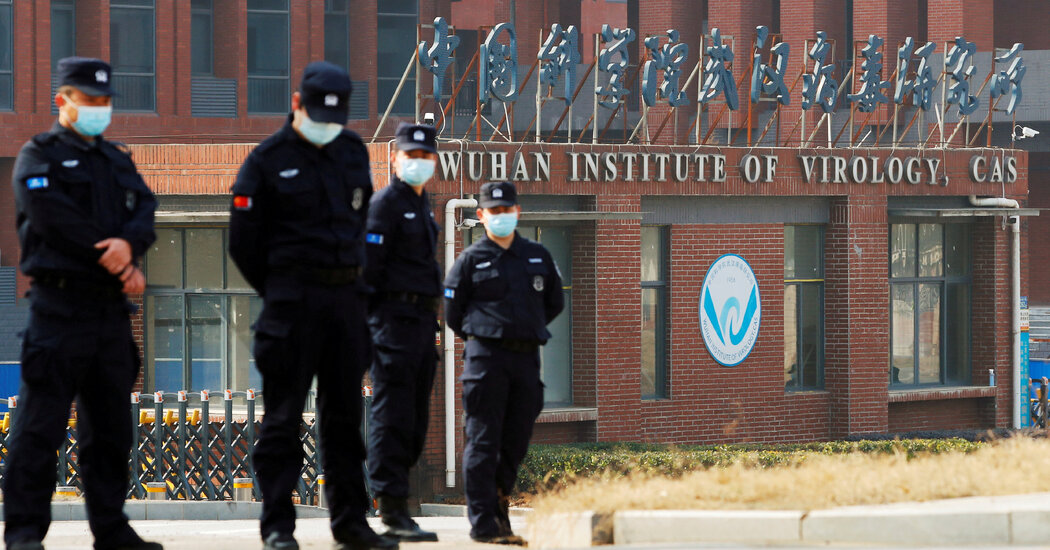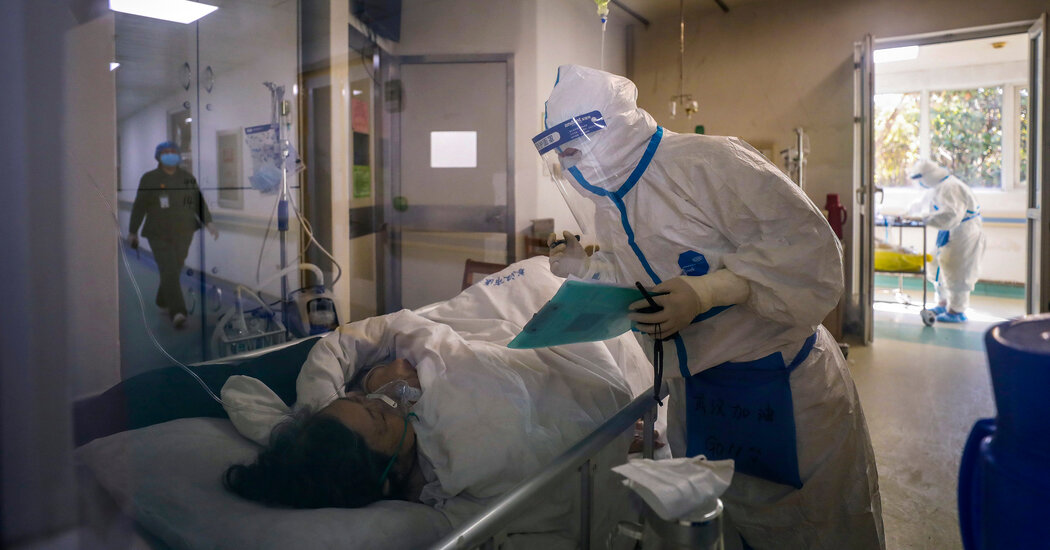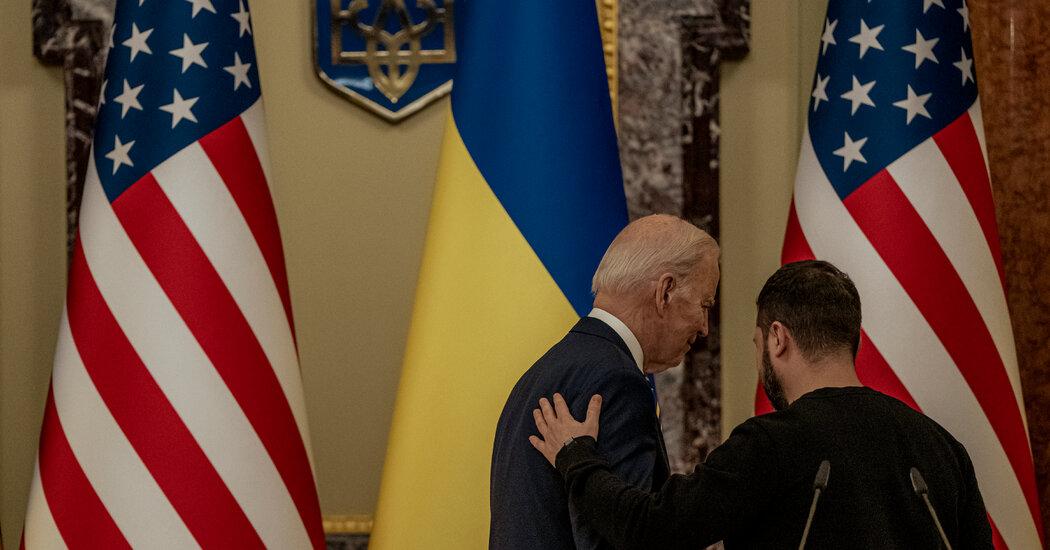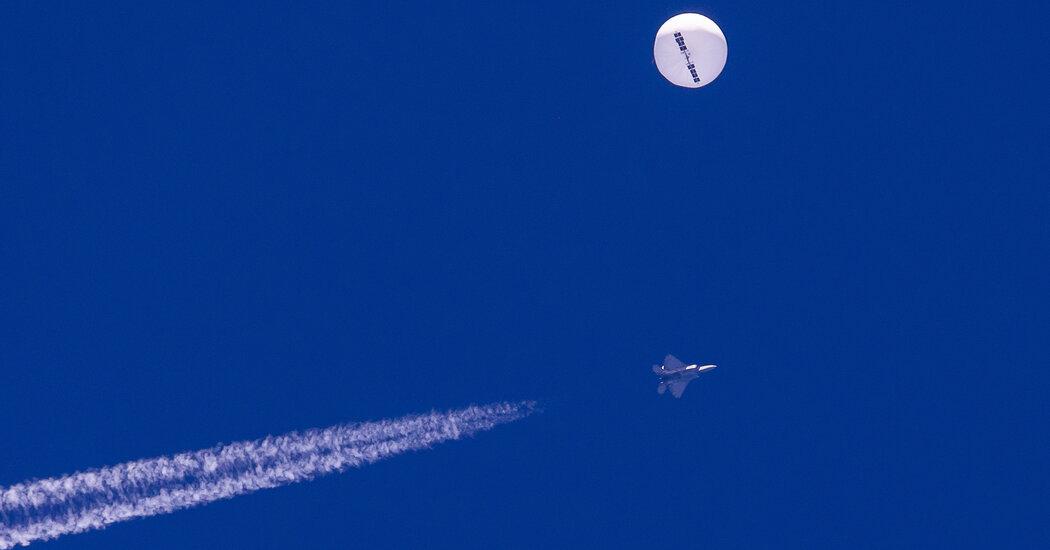The Chinese spies wanted more. In meetings during the pandemic with Chinese technology contractors, they complained that surveillance cameras tracking foreign diplomats, military officers and intelligence operatives in Beijing’s embassy district fell short of their needs. The spies asked for an artificial intelligence program that would create instant dossiers on every person of interest in the area and analyze their behavior patterns. They proposed feeding the A.I. program information from databases and scores of cameras that would include car license plates, cellphone data, contacts and more. The A.I.-generated profiles would…
Tag: Central Intelligence Agency
Warnings Emerge Over Emirati A.I. Firm G42’s Ties to China
When the secretive national security adviser of the United Arab Emirates, Sheikh Tahnoon bin Zayed, visited the White House in June, his American counterpart, Jake Sullivan, raised a delicate issue: G42, an artificial intelligence firm controlled by the sheikh that American officials believe is hiding the extent of its work with China. In public, the company has announced its staggering growth with a steady cadence of news releases. They have included agreements with European pharmaceutical giants like AstraZeneca and a $100 million deal with a Silicon Valley firm to build…
In Risky Hunt for Secrets, U.S. and China Expand Global Spy Operations
As China’s spy balloon drifted across the continental United States in February, American intelligence agencies learned that President Xi Jinping of China had become enraged with senior Chinese military generals. The spy agencies had been trying to understand what Mr. Xi knew and what actions he would take as the balloon, originally aimed at U.S. military bases in Guam and Hawaii, was blown off course. Mr. Xi was not opposed to risky spying operations against the United States, but American intelligence agencies concluded that the People’s Liberation Army had kept…
China to Its People: Spies Are Everywhere, Help Us Catch Them
Beijing sees forces bent on weakening it everywhere: embedded in multinational companies, infiltrating social media, circling naïve students. And it wants its people to see them, too. Chinese universities require faculty to take courses on protecting state secrets, even in departments like veterinary medicine. A kindergarten in the eastern city of Tianjin organized a meeting to teach staffers how to “understand and use” China’s anti-espionage law. China’s Ministry of State Security, a usually covert department that oversees the secret police and intelligence services, has even opened its first social media…
Intelligence Agencies Remain Divided Over Covid Lab Leak Theory
Intelligence agencies do not believe the case of three workers from a laboratory in Wuhan, China, who became ill in 2019 can help shed light on whether the Covid-19 pandemic originated from an accidental lab leak, according to a report made public Friday. The Office of the Director of National Intelligence released a long-awaited declassified report, which included spy agencies’ findings on the so-called lab leak theory, but the material is unlikely to satisfy many people who have been wrestling with the unanswered questions on the origins of the Covid…
U.S. Intelligence Agencies May Never Find Covid’s Origins, Officials Say
For three years, the U.S. government has been tied in knots over the origins of the coronavirus pandemic, frustrated that China’s hindrance of investigations and unwillingness to look critically at its own research have obscured what intelligence agencies can learn about whether the virus escaped from a lab. Inquiries during the Trump and Biden administrations have yielded no definitive answers. The Energy Department and the F.B.I. favored the theory that a laboratory leak may have caused the pandemic. Five intelligence bodies considered theories of natural transmission — that the coronavirus…
The U.S. Intelligence Playbook to Expose Russia’s Ukraine War Plans
WASHINGTON — A year ago, the United States did something extraordinary — it released previously classified intelligence that exposed Russia’s plans to invade Ukraine. Last week, Antony J. Blinken, the secretary of state, made a similar move when he warned China’s top foreign policy official, Wang Yi, against providing weapons to Russia. In a previous era, the warning might have remained private, at least for some time. But a new intelligence playbook honed just before and during the war in Ukraine has redefined how the United States uses its classified…
Why the U.S. Keeps Shooting Objects Out of the Sky
Julian Barnes contributed reporting. The Daily is made by Lisa Tobin, Rachel Quester, Lynsea Garrison, Clare Toeniskoetter, Paige Cowett, Michael Simon Johnson, Brad Fisher, Chris Wood, Jessica Cheung, Stella Tan, Alexandra Leigh Young, Lisa Chow, Eric Krupke, Marc Georges, Luke Vander Ploeg, M.J. Davis Lin, Dan Powell, Dave Shaw, Sydney Harper, Robert Jimison, Mike Benoist, Liz O. Baylen, Asthaa Chaturvedi, Rachelle Bonja, Diana Nguyen, Marion Lozano, Corey Schreppel, Anita Badejo, Rob Szypko, Elisheba Ittoop, Chelsea Daniel, Mooj Zadie, Patricia Willens, Rowan Niemisto, Jody Becker, Rikki Novetsky, John Ketchum, Nina Feldman,…
Biden Signs Bill to Compensate ‘Havana Syndrome’ Victims
President Biden signed into law on Friday a new government program to compensate C.I.A. officers, State Department diplomats and other federal officials who have suffered traumatic neurological injuries that the intelligence community has yet to figure out, launched by assailants it cannot yet identify. With no ceremony and little public comment, Mr. Biden signed the Havana Act, authorizing Secretary of State Antony J. Blinken and the C.I.A. director, William J. Burns, to give financial support to employees who have suffered brain injuries. The act is named for what has become…
C.I.A. Reorganization to Place New Focus on China
A decade ago, the Chinese government systematically dismantled the C.I.A.’s spying operation in the country, with informants captured or killed. Some former officials have blamed a breach of the agency’s classified communications system, while others have blamed a former C.I.A. officer later convicted of giving secrets to China. Since then, the agency has tried to rebuild its networks, but the Chinese government’s power to track the movements and communications of people have slowed the effort. A senior C.I.A. official said the new technology center would help the agency stay ahead…
